LESSON OVERVIEW
The main objectives of this lesson are to:
- discuss overcoming challenges and excelling in your field;
- learn and practice vocabulary on challenges and achievements;
- talk about the Olympic Games;
- watch a video about an Olympic athlete.
In this lesson, students discuss accomplishments and awards (e.g. Nobel Prize, Oscar, Grammy). They talk about famous individuals, and learn and practice vocabulary on challenges and achievements. They share opinions on excelling in your field and the concept of winning at any cost. They also explore quotes about the Olympic Games and evaluate key factors in achieving exceptional results. Additionally, students watch a video about Olympic athlete Noah Lyles and engage in a discussion on the video and related topics.
WARM-UP AND VOCABULARY
This lesson begins with a warm-up where students look at achievements (e.g. Nobel Prize, Olympic medal, Oscar, etc.). They discuss questions about prizes and personal achievements. After that, they read statements about famous people (e.g. Despite being a few seconds shy of the record in some races, he is celebrated as the fastest man in the world.). They have to choose the name of the person each sentence is about (e.g. Usain Bolt, Albert Einstein, Serena Williams, etc.). Following that, students work on vocabulary on challenges and achievements (e.g. be in a league of your own, be shy of, go out of your way, etc.).
They find phrases in the sentences to match the definitions. Next, they complete sentences about personal goals and struggles using their own ideas (e.g. It’s only acceptable to rest on your laurels when…). Then, students look at different factors that play a role in achieving outstanding results (e.g. clear goals and vision, knowledge and expertise, etc.). They choose three they consider to be the most important and explain their choice. Afterwards, students complete quotes (e.g. “A lifetime of training for just ten seconds”.) to represent the spirit of the Olympic Games. They also compare their ideas with the originals. Students choose the one that they like the most and explain their choice.
VIDEO AND DISCUSSION
At this point in the lesson, students watch the first part of a video about an athlete called Noah Lyles and tick one fact that is mentioned about him. Then, they watch the second part of the video and add more details about Noah’s personal and professional life (e.g. Noah’s personal life: he loves anime with hero stories; Noah’s professional life: he needs to be as consistent as possible). Following that, students discuss questions about Olympic athletes’ motivations and challenges. Next, they practise vocabulary on challenges and achievements by completing gaps in sentences about attitudes toward success and failure (e.g. It’s better to retire and rest on your laurels while you’re still on top of your game than to lose your title trying to outdo yourself.). Finally, students discuss whether they agree or disagree with the opinions from the previous exercise and explain why.
HOMEWORK/REVISION
This lesson plan also includes an additional task that you can use as homework or revision. In the task, students rewrite a text using the target phrases from the lesson. Then, they choose a person who inspires them and write a short text about them using the remaining phrases. The task is available in the teacher’s version of the worksheet. You can print it and hand it out to your students. It’s also included in the e-lesson plan.
WORKSHEETS
Subscribe to unlock these and many other Standalone lesson lesson plans with the Unlimited plan
Subscribe
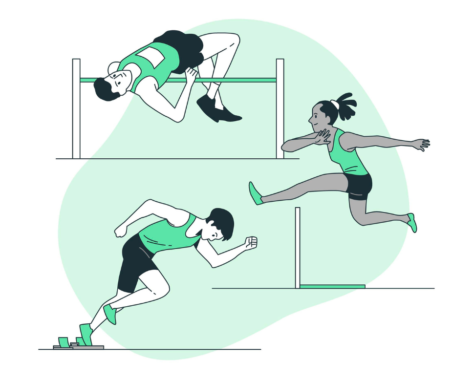
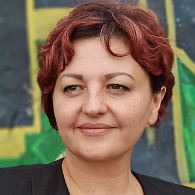
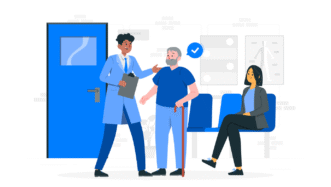



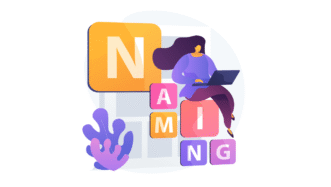
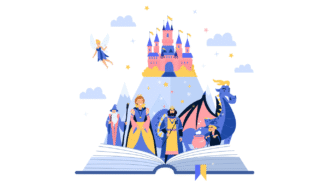

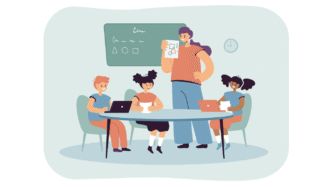


fantastic lesson but Eddison didn’t invent the Light bulb that was Joseph Swan and when Eddison tried to patent the lightbulb he started a series of patent battles with Joseph Swan and he was forced to form a series of joint companies with Joseph Swan those companies eventually became General Electric in the US and Ediswan in the UK. This is why Newcastle Library is the first public room ever to be lit by lightbulbs
In 1883, after a series of patent disputes with Thomas Edison, Swan’s strong patents in Britain led to the merger of their companies into the Edison & Swan United Electric Light Company, commonly known as “Ediswan”. Ediswan became a significant manufacturer of light bulbs and other electrical products, contributing to Britain’s emerging electrical industry and eventually became part of Siemens in the 1960s.
Dear Jonathan, thank you for your comment and the information you kindly provided. Much as we try to doublecheck all facts and data we include in our lessons, mishaps or inconsistencies might sometimes occur. We’re grateful for bringing one of them to our attention, which we have already addressed and made corresponding changes in the lesson materials. We hope you’ll like this lesson even more now. Thank you and have a great day!